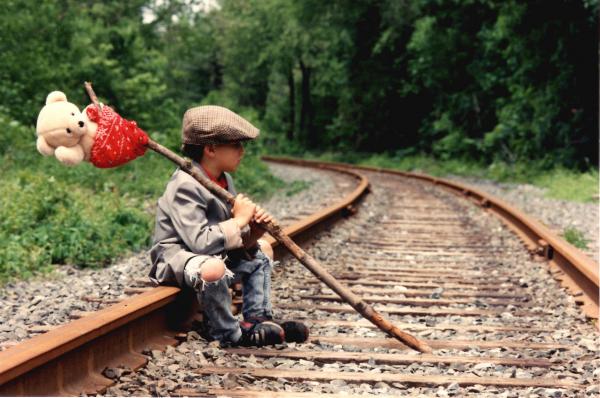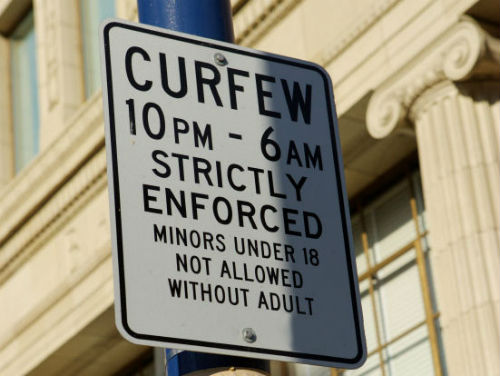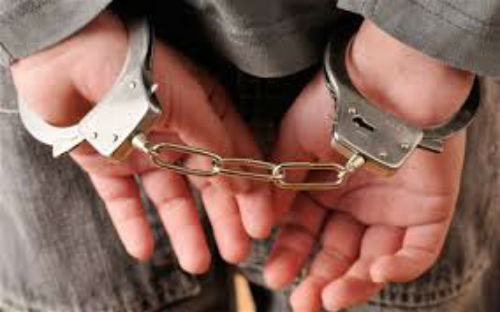
5 Reasons that Kids are Incarcerated (and Adults Are Not)
Written by James Demo, Posted on , in Section Inspirational
Even a brief exposure to the criminal justice system can cause permanent damage. Youth are being incarcerated at a very high rate, which may have a long term impact on the youth. Check out these 5 reasons why children are incarcerated at such a high rate.
Leaving home

Most commonly seen in households with deep conflict or poor family relationships, many children find running away from home their only option. Underage children running away from home can spark massive search efforts and incur thousands of dollars expenses. Adults that leave home are rarely given the same attention as children in the same position. Children can be incarcerated as a result of running away from home, but a more common outcome is an in-home intervention, forgoing detaining the child.
Violating Curfew

Most states have a legal curfew for underage people or people that belong to a certain group like those on probation or parole. These laws are unequally levied against underage people. One of the reasons for this is because underage people are easier to spot compared to adults that may belong to a group that has a required curfew. Incarcerating underage people for crimes as miniscule as curfew violation may lead to a long term negative impact on those individuals. Being incarcerated may lead those individuals to commit more frequent or severe crimes in the future.
Disorderly conduct and criminal mischief

A defiant young person is much more likely to face criminal charges than an equivalent adult. Laws like criminal mischief and disorderly conduct are very broad and can be applied to a large amount of situations. These laws are disproportionately levied against the youth. Defiant youth are treated much more like criminals than the charges imply. Adults that have committed similar offenses are not charged as frequently or as severley as their underage counterparts.
Skipping class

Most kids will skip class at least once during their schooling. Though it is probably not wise to do, in some states it is considered criminal offense. Truancy can cause students to incur fines and eventually may lead to incarceration. On the other hand, Adults can skip school or work and face no legal consequences.
Cheating

Cheating is a huge problem in many school systems. Cheating can lead to inaccurate test scores and can ultimately lead to repeating classes or grades when essential knowledge was not acquired. This can put a large burden on the student, leading to increased stress later in life. But outside of the developmental impacts of cheating, there is commonly legal repercussions if a student is caught cheating. Some school systems mandate time in jail if a student is caught cheating. On the other hand, Adults are rarely faced with consequences of cheating. In some parts of the professional world cheating is commonplace. Adults do not face the same legal challenges associated with cheating.